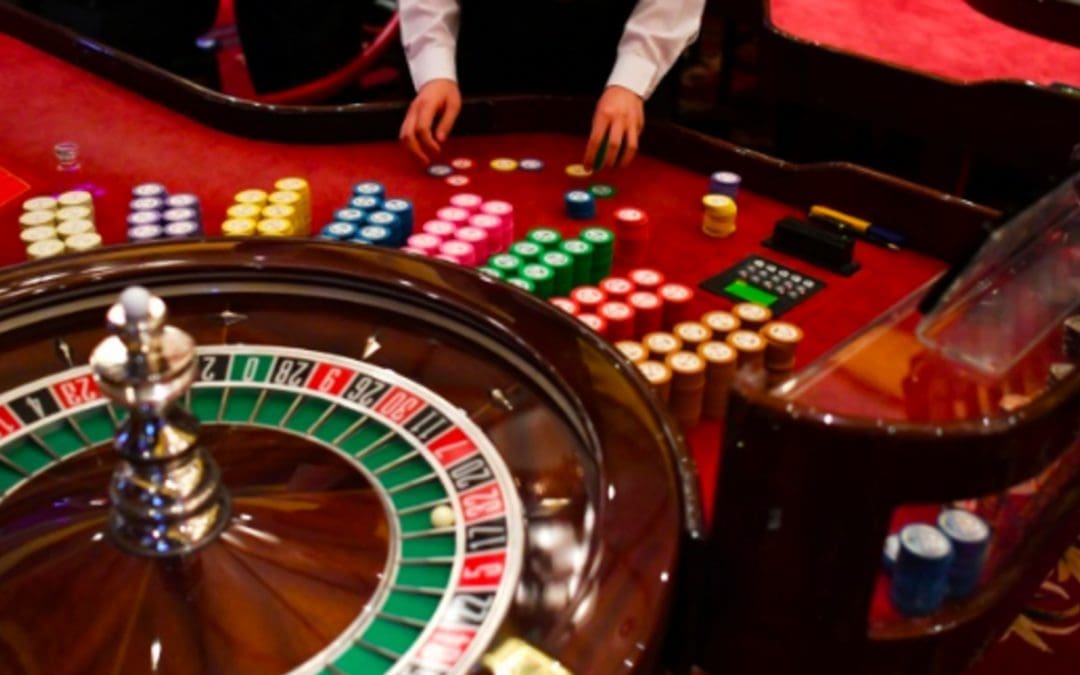Everything indicates that a large part of tourism in Bangladesh is due to illegal casinos. After being questioned two of its great officials. After making known this clandestine operation of 60 casinos and some casino in Dhaka, there was strongrepression against these illegal establishments.
The Minister of Finance, Mustafa Kamal, and the secretary of the Ministry of Tourism Mohibul Haque are the two officials, locked in a public duel, to give their statements in this regard. Although for some people, a casino in a developing country like Bangladesh is not convenient,Mohibul Haque was in favor of this legalization for foreigners from Bangladesh.
 He set Malaysia as an example since this Muslim country has several casinos that are used by foreigners, as long as they present their passports. Therefore, part of the idea is to offer this type of facility to tourists, only in the exclusive areas.
He set Malaysia as an example since this Muslim country has several casinos that are used by foreigners, as long as they present their passports. Therefore, part of the idea is to offer this type of facility to tourists, only in the exclusive areas.
With these statements, Mustafa Kamal differs from his part, who points out that although foreign casinos are legal, in his country, as well as other forms of existing games, they are illegal. The reason why these types of activities are illegal and their legitimacy is unacceptable, through the enactment of laws.
The problem is not so much for the casino itself since it offers games of chance. What worries, are the financial and legal aspects, and if it can interfere in the culture of Bangladesh. Although true, this country needs a master plan so that it can get out of the stagnant situation, and it needs to get a reliable entrance for tourism.
But instead of leaning towards this idea of casinos, the Ministry of Tourism prefers to focus on the construction of an amusement park and luxury hotels. Data from the World Tourism Organization (UNWTO), suggest that 10% of jobs around the world are generated thanks to tourism.
Casinos are a way of seeing a feasible way to develop tourism in the city. It is for this reason that the tourism secretary has proposed, apart from the creation of hotels and other buildings, the inclusion of planet 7 oz casinos. But it is an idea that can only be formed in exclusive areas, since it is unknown, how the locals digest this.
The reason, it is very evident, most of the times they seek to explore new ways to attract foreigners, the projects have impacted the environment, a disorder is created in the community, or the locals resist these projects for fear of major inconvenience. So the main fear is if this time, this process will be the same or different.
Another issue that must be taken into account is the idea that casinos are only for foreigners, thus promoting racial segregation, and worse, from the institution. Nobody wants the same thing to happen in British India, where there are signs that say that Indians and dogs are not allowed.
For the nationalist revolutionaries, these types of behaviors are to keep the natives away, so they have reacted by attacking any of these clubs, to show their disagreement. It is not knownexactly how true it is that in Malaysian casinos, they only allow foreigners to enter, but if so, it is not a good example to be taken.
Tourism and employment is the main theme for World Tourism Day. In this way, they seek to direct political attention to job creation through the development of tourism. In Bangladesh, it seeks to create an almost perfect infrastructure so that all tourists can enjoy but have left out other important aspects for the community.
The main concern is that the leaders,instead of worrying about the integrity of the culture, the environment, and security, are waiting to attract foreigners to Bangladesh through the media.
The associate professor in the area of anthropology, at the University of Dhaka, wrote an article, which in August was published by The Daily Star. He highlightshow the government uses images of the mountains and of the indigenous people who occupy them to promote and show the diversity that exists in the country.
And it emphasizes this issue since the government uses this type of information for its convenience, but when defending identity, they disappear. The dilemma is whether tourism can be promoted by hiding the reality that local communities go through since they will be the first to perceive the good or bad of each action promoted by the government.
Economic Gains and Social Risks
The magnetism of casinos might indeed attract more international travelers, boosting revenue from tourism. Bangladesh’s image as a favored destination could also benefit. However, isn’t there a lurking danger? If a line is drawn between locals and foreigners, allowing only the latter to indulge in activities considered illegal for the former, wouldn’t that sow seeds of bitterness? Could this not exacerbate already existing social and economic rifts?
An Ethical Conundrum
Furthermore, there’s an ethical dilemma here. Does the government’s potential endorsement of activities considered immoral by a large section of its citizens send a convoluted message about the nation’s core values? The complexity deepens.
A Gaze at the Global Scenario
Observing other nations may shed light on this perplexing issue. Some have seen social turmoil, addiction, and crime surge with the introduction of casinos. Yet, others have managed to leash these vices through stringent regulations, tapping into the lucrative revenue without succumbing to the pitfalls.
A Deliberate and Tailored Approach
Bangladesh’s path demands precision, tact, and sensitivity, where cultural richness, economic aspirations, and a commitment to justice shape a policy echoing the heartbeats of the nation.
Perhaps a responsible gaming framework with strong regulations, rigorous enforcement, and preventive measures against social problems could pave the way. Such a construct could interweave casinos into a broader tourism tapestry without tarnishing the country’s ethical fabric.
Inclusive strategies could further ensure the widespread distribution of tourism’s fruits, encompassing community investment, support for local enterprises, and a push towards tourism that resonates with Bangladesh’s extraordinary cultural ethos.
A Path Forward
Conclusively, the challenge of legalizing casinos for foreign tourists is like a multifaceted gem, reflecting a broader struggle to align economic advancement with cultural conservation and societal fairness. An enlightened approach, enriched by global experiences and shaped with care, contemplation, and adaptability, might delineate the road ahead.
Such a path could stand as a beacon for other burgeoning nations caught in similar dilemmas, demonstrating that the embrace of the contemporary need not necessitate the abandonment of tradition and moral standing. The game, indeed, is far more profound and complex. It’s about nurturing a vision that transcends mere profit and penetrates the very soul of a nation, embodying its dreams, its struggles, its essence. The dice is cast, but the outcome is yet to be carved.


